With VR, after all, you could be spending time in outer space, other planets, Michael Chrichton’s Jurassic Park, J. M. Barrie’s Neverland, James Cameron’s Pandora, J. K. Rowling’s Hogwarts, or Tolkien’s Middle Earth. In time, all these options will probably become possible (and affordable).
Gaming and entertainment are nevertheless far from the only industries that stand to benefit from VR technology. Here are the other more ‘earthly’ ways in which VR will soon find its way into our everyday lives:
The Workplace
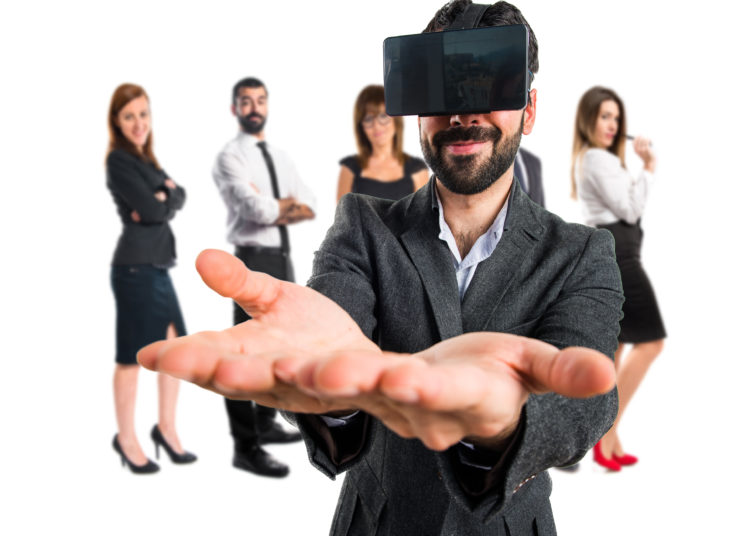
In today’s globalized world, working remotely with colleagues and clients across the world has never been more feasible. While many work operations can be conducted via email, text-based messaging, and live video calls, VR offers further means for businesses to sidestep physical distance in its attempt to boost productivity.
For example, conducting VR training simulations is an effective way for companies – especially multinational ones – to train employees in various locations at the same time in an interactive, engaging and immersive manner. There will be no need to incur costs for instructor travel, or for employees to travel to another location for a training course or conference – all the magic can happen within the company’s dedicated virtual reality room.
VR can also boost employee collaboration and creativity via virtual conference rooms, which allow for ideas and information to be exchanged in a more realistic and three-dimensional setting. One can pick up the more subconscious aspects of human communication (body language, facial expressions, etc.) with more precision this way while improving on camaraderie.
The Showroom
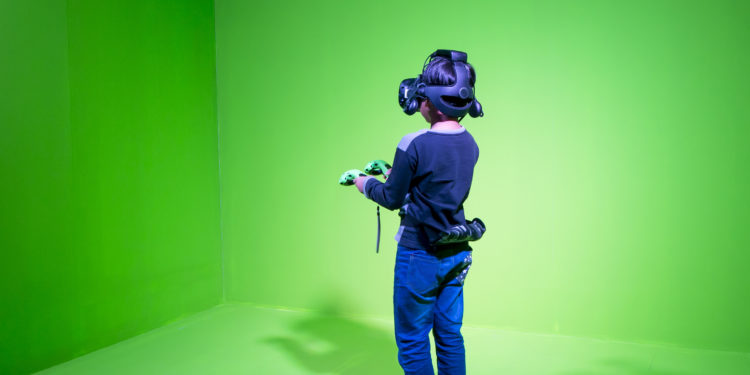
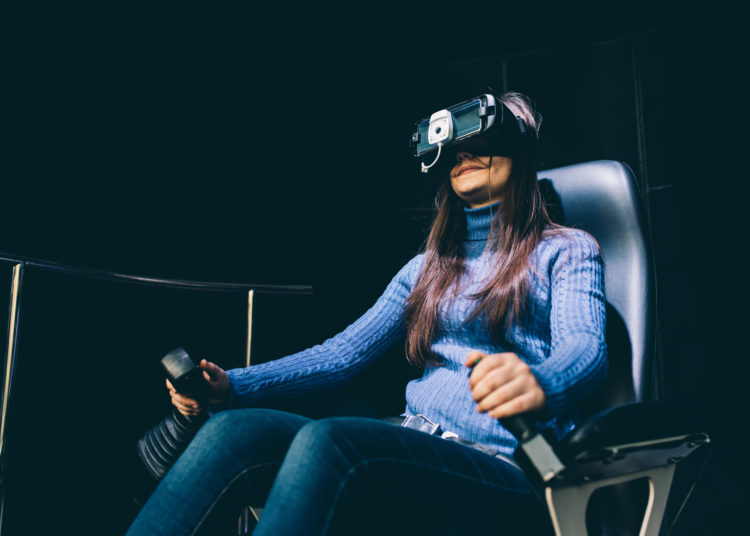
Virtual showrooms stand to combine the best characteristics of offline and online shopping. With improved and more realistic simulations, consumers of the future might soon be able to go as far as testing virtual clothes or jewelry. Audi, for example, is working on equipping its dealers with VR kits that will allow customers to virtually configure and customize its vehicles. For now, virtual showrooms are being adopted by hotels, real estate developers, architecture firms, interior design firms and retailers selling furniture and interior décor. Customers from across the world can easily gain a vivid sense of an interior space, and can even experience the effects of personalized changes up a hand.
Meanwhile, companies can benefit from being able to reach a large number of people without bearing the costs of maintaining a large and pricey showroom in a central location. Companies can even combine immersive entertainment experiences with their product showcase to make a greater impression. For example, outdoor apparel company The North Face has taken customers on virtual tours of Yosemite National Park, Moab, and dogsleds to give its customers a better sense of an epic outdoor adventure.
Education
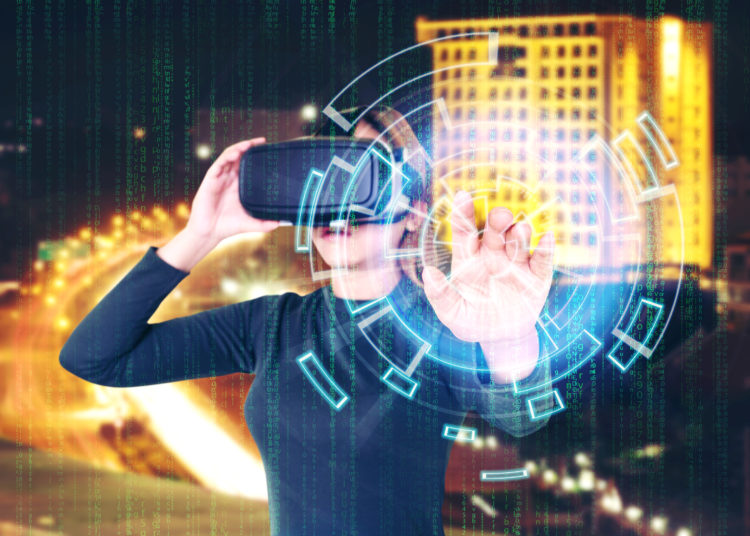
VR offers countless opportunities to enhance the education process across all ages and fields. Children in pre-school can be guided through museum tours, a foreign cultural festival, or a science field trip within the rainforest. Medical students can experiment with dissecting a virtual human body before they place their hands on an actual one. From architecture to engineering to anthropology, virtual reality offers educators the opportunity to create more effective and immersive modes of learning.
Andrew Lucas Studios is an integrated consultation, design, installation, troubleshooting and support agency for smart homes and VR/AR technology. To further discuss how a virtual showroom can improve your business and marketing operations, you can book a demo with us here.


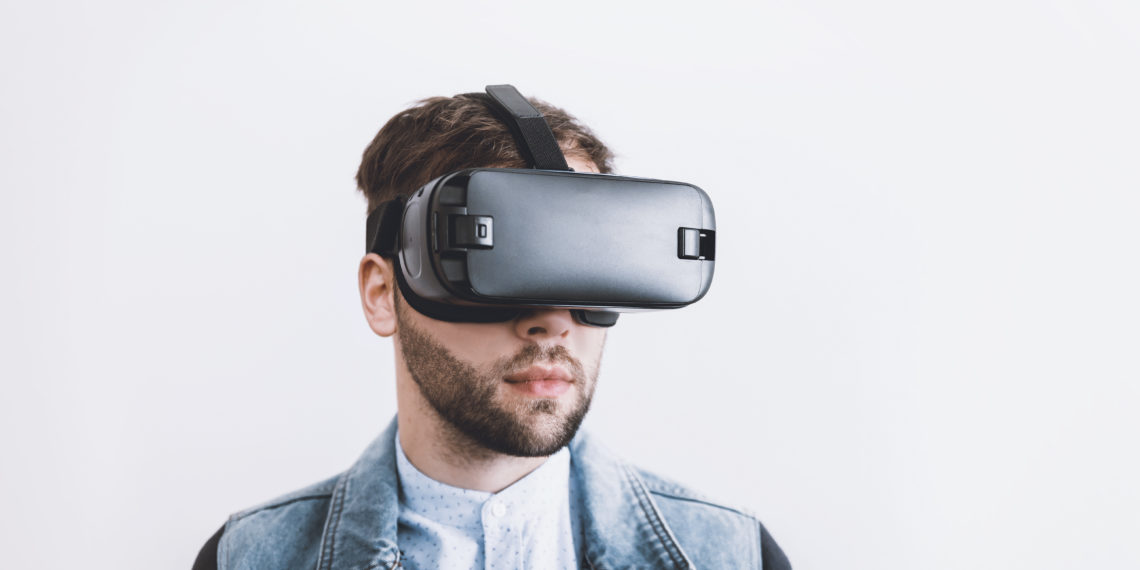












![What to with Scrap Metal? [infographic]?](https://facts-homes.com/wp-content/uploads/2019/07/645413-POPYOV-391-120x86.jpg)






